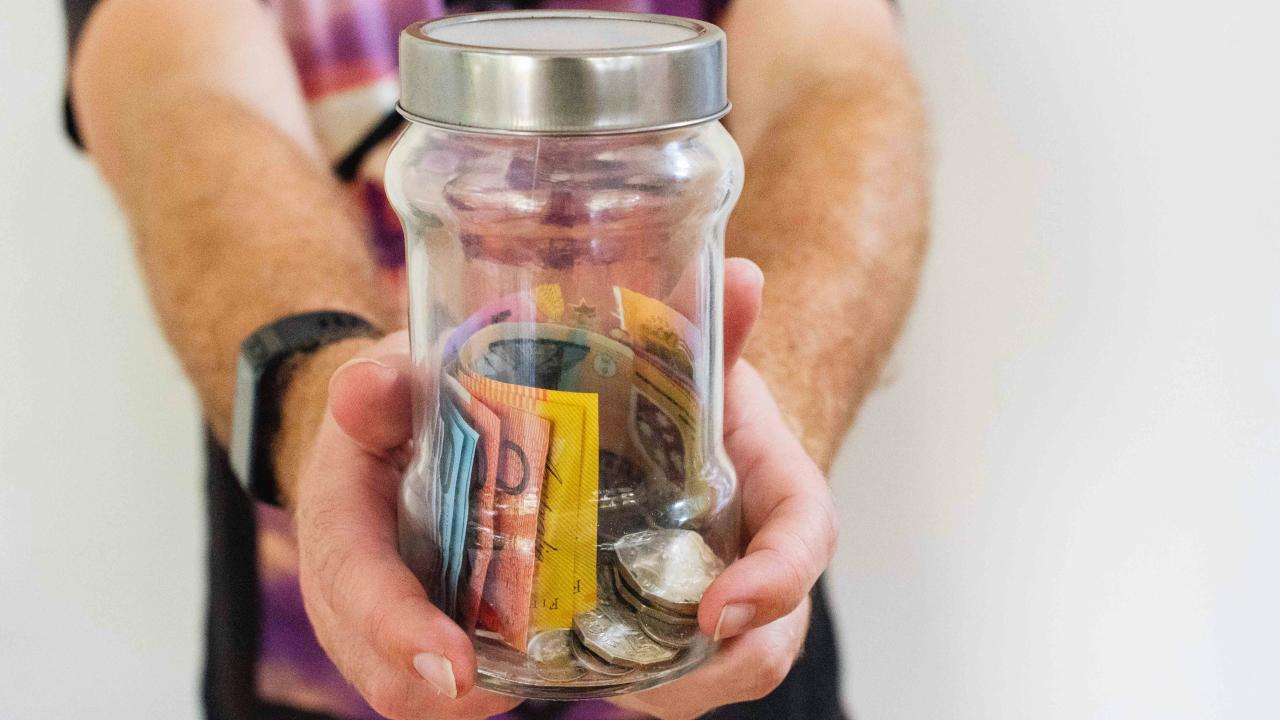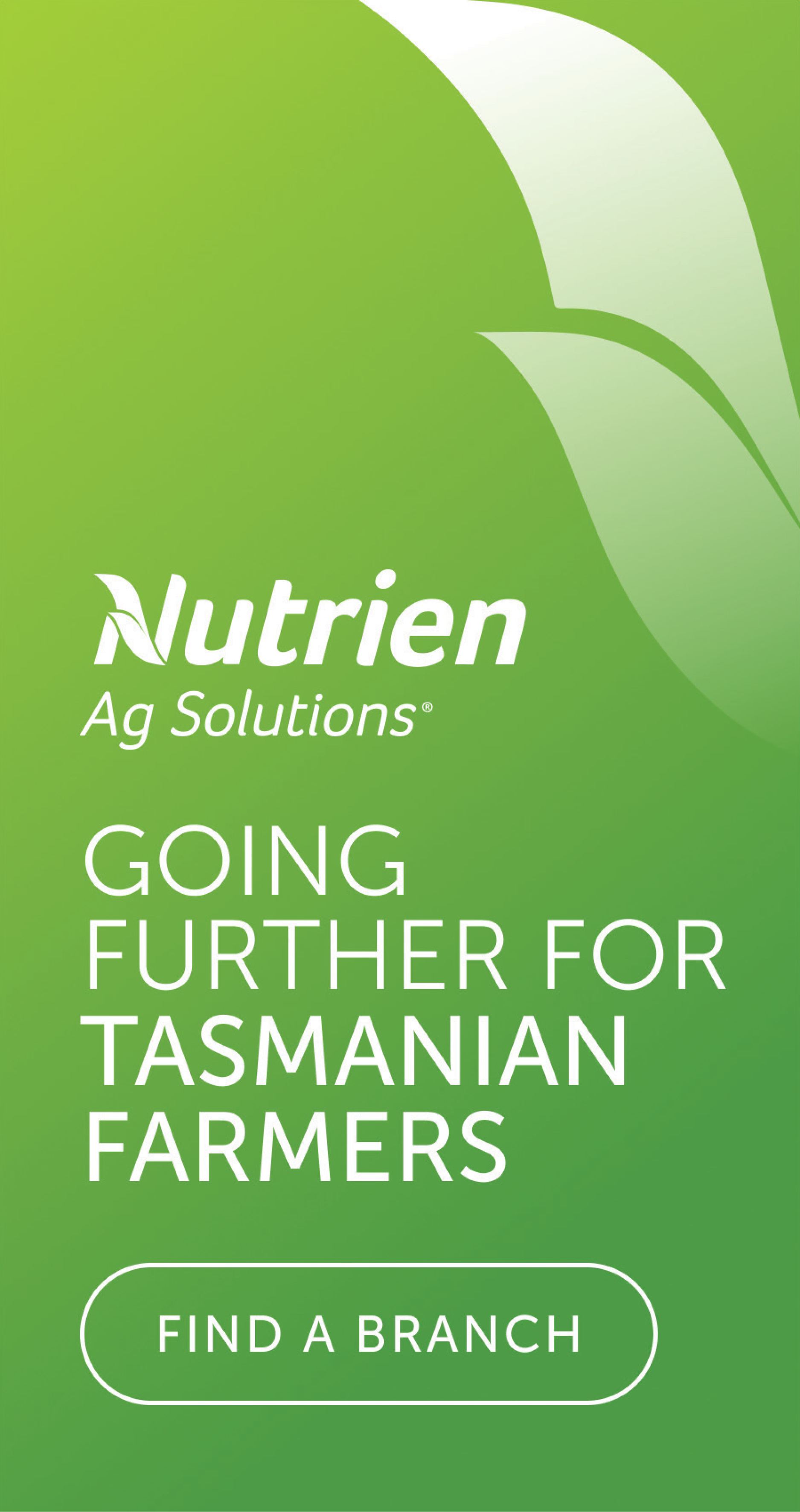TasFarmers Matters - Super tax questions remain

Superannuation has long been a celebrated part of the Australian economy.
Paul Keating is considered the primary architect of the compulsory retirement scheme, which was brought into effect through the Superannuation Guarantee (Administration) Act on 1 July 1992.
The purpose of the system was to reduce reliance on the Age Pension by ensuring a larger portion of Australians had enough income to become self-reliant in retirement, thereby easing pressure on the national budget.
Like the abhorrent fees charged by super funds, the rules governing the scheme have changed little since implementation.
The only significant change has been a gradual increase over time toward Keating’s vision of a 12 per cent contribution rate.
Super funds have invested over $4 trillion of Australians’ money, with an estimated $2.9 trillion invested in Australian-regulated funds.
Everyone generally agrees with the concept, and the model is now used worldwide, where both employer and employee contribute.
Government co-contributions and tax concessions have also been used over time to encourage investment.
It appeared to be a fair system, but it now seems to have been a clever way to lure everyday Australians into placing a substantial portion of their savings into superannuation schemes.
What this means is that there’s a double-edged sword: the average person has been offered taxation benefits and incentives to save, but at the same time, governments gained enormous advantages.
By moving people off the balance sheet and away from relying on welfare, governments reduce future liabilities.
Yet, as the nation’s budget tightens, Australians now find their money trapped within a system where a government can change the rules at any time — applying new taxes, higher rates, or additional restrictions and conditions.
At best, the latest attack on super has been distasteful.
The Government’s attempt to target the farming community with the threat of taxing unrealised gains was always a mistake.
For the past two years, it has failed to listen to the rural sector.
During that time, TasFarmers spoke with and wrote to Government Ministers and representatives, who repeatedly dismissed our concerns, claiming the proposal would affect less than 0.5 per cent of the population, and they would then pull out a list of facts and figures to justify the changes.
Yet when we spoke to local accountants, every single one said the same thing without exception: it would have affected their farming clients, contributing to their superannuation for retirement.
The reality is clear: the Government’s plan would have unfairly targeted rural communities and farmers, who make up only a modest two per cent of the population but work day in and day out to produce food and fibre for the nation, take all the risk, and hold long-term assets.
In practice, it was a tax designed to hit those who have worked hardest to build and pass on their livelihoods to the next generation.
It’s again the smallest part of the community where governments think they have an entitlement, whether it’s federal government taxes, state governments with red and green tape, or local governments with excessive rates.
They need to know we’re not easy pickings.
Now the Government faces new questions over the proposed 30 per cent tax rate on superannuation balances above $3 million.
When will it apply? Will it include land purchased 30 years ago or more, or only assets acquired after the policy is enacted?
If the tax is to be imposed, it should apply only to new assets added to superannuation after the legislation is passed.
You can’t change the ground rules halfway through the game.
Everyone already contributes through taxation, from GST to stamp duty; we all contribute to help run this country.
The Government can’t simply change the rules to suit itself. Certainty creates confidence.
We don’t agree with an increase, but if it’s going to happen, it must apply only from the date it takes effect, not retrospectively.
Most importantly, there should be no special treatment for politicians. Everyone should contribute equally.
Currently, Australian politicians receive a 15.4 per cent superannuation contribution.
If they want to change the rules, then what’s good for the goose is good for the gander; no politician should be exempt or enjoy special privileges in taxation or super.




Add new comment